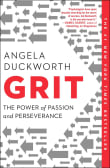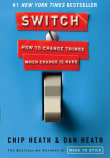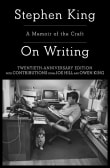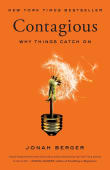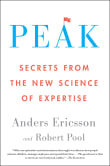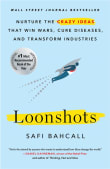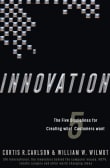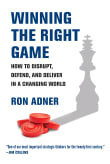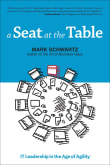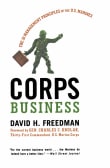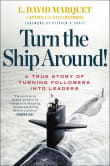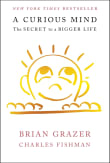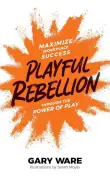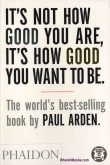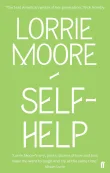Creativity, Inc.
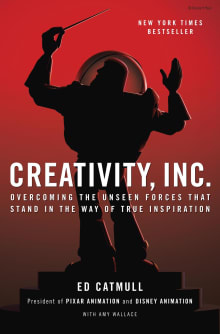
Book description
Part autobiography, part history of Pixar, part business book, Creativity Inc is a stimulating, feel-good, insightful and highly inspirational collection of lessons in creativity and business from the president of Pixar and Disney Animation, Ed Catmull.
'Just might be the best business book ever written.' -- Forbes Magazine
'Great book.…
Why read it?
5 authors picked Creativity, Inc. as one of their favorite books. Why do they recommend it?

This book offers real-world examples of how peer feedback is critical to creative success. When I lose myself in the creative process, I rely on trusted collaborators to help dig me out of that hole.
Recognizing this is a universal problem for creatives, Ed Catmull introduces us to The Braintrust, a team at Pixar that provided feedback on movie scripts such as The Incredibles and Wall-E. I believe we all need our own personal Braintrust to be successful.
From Mike's list on books to help you achieve your creative goals.

Pixar movies have been seen all over the world by humans of all ages. They make us laugh, smile, and wipe tears.
Pixar has some of the best storytellers on the planet and Creativity, Inc. shares more about how they’ve built their engine. This book looks at the business side of creativity and how you create a culture that can sustain and navigate producing top-quality films every year.
It offers wonderful insights on how to lead people, navigate difficult moments, and bring the best out of others. If creativity or storytelling are any part of your business or life, this…
From Karen's list on unleashing your storytelling and creativity.

This is a beautiful, honest, and heartwarming description of how Pixar and their strong company culture works.
It’s written, of course, by their founder, Ed Catmull. The book walks us through the history of the company and how the culture and values were discovered as they went.
I think this book is important for IT folks to read, as we are also in a creative business, and hence need to lead in ways that allow for creativity to flow and spread. I especially love the parts where the author reflects on what didn’t work and how they improved it. And…
From Marcus' list on leadership and change management.
If you love Creativity, Inc....

Ed Catmull, together with his partner, George Lucas, completely changed the nature of animation with the founding of Pixar Animation Studios. This book outlines the philosophy and management practices that allowed Pixar to achieve unprecedented levels of success with its productions by shaking up traditional norms in the movie business. Sterling bits of advice include: It’s not the manager’s job to prevent risks. It’s the manager’s job to make it safe for others to take them; the cost of preventing errors is often far greater than the cost of fixing them; and a company’s communication structure should not mirror its…
From Rita's list on understanding how breakthrough innovation happens.

We all know that Pixar is uniquely capable to create movies that people love. What you might not realize is that Pixar is also an incredibly methodical organization that focuses on creating psychological safety throughout its organization.
Creativity, Inc. is written by Ed Catmull and Amy Wallace. Catmull co-founded Pixar and uses this book to break down the actual mechanics of their process, and along the way shares captivating stories of an incredible career.
From Allen's list on creativity and how to harness it as a skill.
Want books like Creativity, Inc.?
Our community of 12,000+ authors has personally recommended 100 books like Creativity, Inc..



